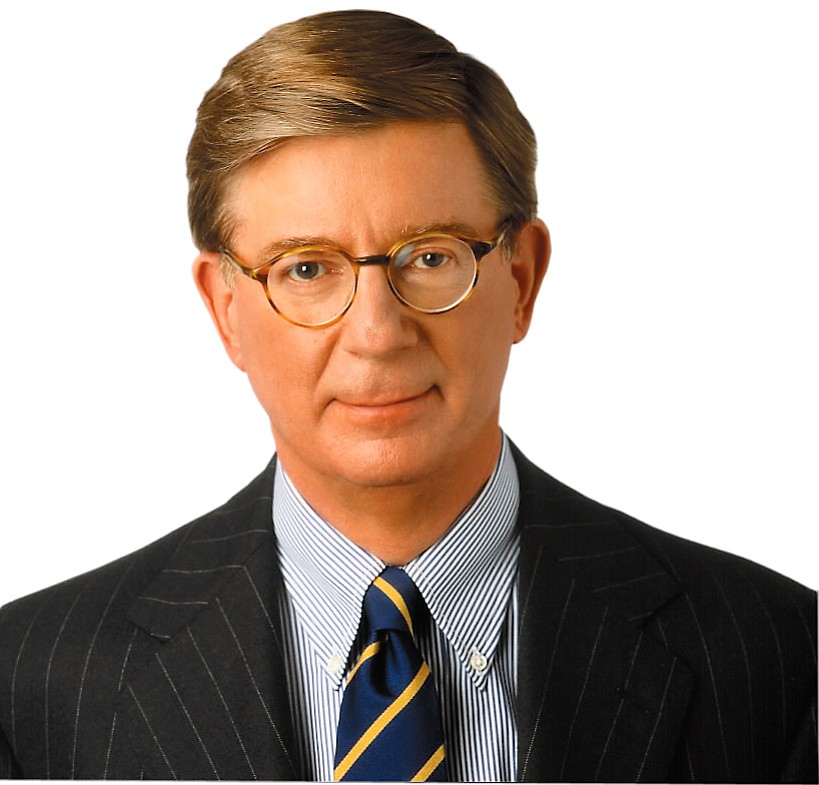Around noon on Saturday, Nov. 23, 1963, almost exactly 24 hours after the assassination in Dallas, while the president’s casket lay in the East Room of the White House, Arthur Schlesinger, John Kennedy’s kept historian, convened a lunch at Washington’s Occidental restaurant with some other administration liberals. Their purpose was to discuss how to deny the 1964 Democratic presidential nomination to the new incumbent, Lyndon Johnson, and instead run a ticket of Attorney General Robert Kennedy and Sen. Hubert Humphrey.
This example of the malignant malice of some liberals against the president who became 20th-century liberalism’s most consequential adherent is described in Robert Caro’s “The Passage of Power,” the fourth and, he insists, penultimate volume in his “The Years of Lyndon Johnson,” which when completed will rank as America’s most ambitiously conceived, assiduously researched and compulsively readable political biography. The new volume arrives 30 years after the first, and its timing is serendipitous: Are you seeking an antidote to current lamentations about the decline of political civility? Immerse yourself in Caro’s cringe-inducing catalog of humiliations, gross and petty, inflicted on Johnson by many New Frontiersmen, and with obsessive hatred by Robert Kennedy.
Caro demonstrates that when, at the Democrats’ 1960 Los Angeles convention, John Kennedy selected Johnson, an opponent for the nomination, as his running mate, Robert Kennedy worked with furious dishonesty against his brother, trying to convince Johnson to decline. Had Robert succeeded, his brother almost certainly would have lost Texas, and perhaps both Carolinas and Louisiana — President Eisenhower had carried five of the 11 Confederate states in 1956 — and the election.
Wielding power well
Johnson, one of the few presidents who spent most of their adult lives in Washington, had no idea how to win the presidency. Johnson did, however, know how to use the presidency. Almost half the book covers the 47 days between the assassination and Johnson’s Jan. 8 State of the Union address. In that span he began breaking the congressional logjam against liberal legislation that had existed since 1938 when the nation, recoiling against Franklin Roosevelt’s plan to “pack” the Supreme Court, produced a durable congressional coalition of Republicans and Southern Democrats.



